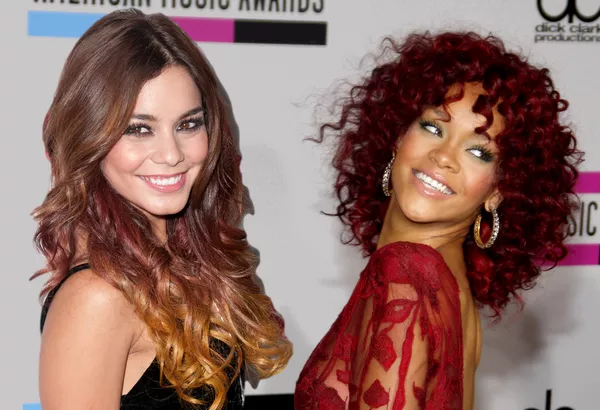Curls come in various textures and patterns, each with its unique beauty and care requirements. The hair typing system developed by hairstylist Andre Walker categorizes curls into different types, ranging from straight hair (Type 1) to tightly coiled curls (Type 4). Among wavy and curly hair types, 2C and 3A are distinct categories that represent different curl patterns. In this article, we will guide you through the process of identifying whether you have 2C or 3A curls, including their characteristics, styling tips, and care routines.
1. Understanding the Hair Typing System
Before identifying your specific curl type, it’s essential to understand the basics of the hair typing system. The system categorizes hair into types based on curl pattern and texture. Type 2 encompasses wavy hair, while Type 3 includes curly hair. The letters A, B, and C further subdivide the types based on the degree of curliness, with A being looser curls, B being medium curls, and C being tightly coiled curls.
2. Characteristics of 2C Curls
2C curls are often referred to as “wavy curls.” They have an S-shaped pattern and tend to be more defined and pronounced than 2A curls. 2C curls have a more noticeable curl from the roots to the tips, and they may experience some frizz due to the increased curl definition. This curl type tends to have a combination of wavy and curly patterns, creating a unique and voluminous look.
3. Characteristics of 3A Curls
3A curls are the first subtype in the Type 3 category and are commonly known as “loose curls.” They have a well-defined and springy S-shaped pattern that starts close to the roots. 3A curls are generally voluminous, bouncy, and full of life. They have a soft and smooth texture, making them easier to manage and style compared to tighter curl patterns.
4. Identifying Your Curl Type
To identify whether you have 2C or 3A curls, start by examining your hair when it’s in its natural, product-free state. Take a small section of your hair and observe the shape of the curl. If the curl forms a distinct S-shape and is well-defined from the roots to the ends, you likely have 2C curls. If the curl is more springy and starts close to the roots, you are likely to have 3A curls.
5. Styling Tips for 2C Curls
Styling 2C curls involves enhancing and defining the natural curl pattern. Opt for lightweight, curl-enhancing products that reduce frizz and add moisture to your hair. Finger-coiling or using a wide-tooth comb can help shape and define individual curls. Consider using diffusers on low heat settings to add volume and enhance your curls’ appearance without causing excessive frizz.
6. Styling Tips for 3A Curls
Maintaining 3A curls involves preserving their bounce and definition. Use leave-in conditioners and curl creams to hydrate and define your curls. Avoid heavy products that may weigh down your curls and opt for a lightweight mousse or gel to hold the curls without stiffness. Scrunching your hair with a microfiber towel or an old T-shirt can help enhance your curls’ texture without causing frizz.
7. Hair Care for 2C and 3A Curls
Proper hair care is essential for keeping your 2C or 3A curls healthy and vibrant. Consider using sulfate-free shampoos and silicone-free conditioners to prevent dryness and product buildup. Deep conditioning treatments can help maintain moisture levels and improve the overall health of your curls. Regular trims prevent split ends and maintain the shape of your curls.
8. Embracing Your Curls
Regardless of whether you have 2C or 3A curls, embracing your natural hair texture is key to feeling confident and beautiful. Experiment with different styling techniques and products to find what works best for your curls. Celebrate the uniqueness of your curls and remember that every curl pattern is beautiful in its way.
Conclusion
Identifying whether you have 2C or 3A curls can help you tailor your hair care and styling routine to enhance your natural curl pattern. By understanding the characteristics of each curl type and recognizing the S-shaped patterns of 2C and 3A curls, you can make informed choices about products and techniques that will best complement your hair. Embrace your curls and take pride in their unique beauty, as caring for and celebrating your natural curls will lead to healthier, more vibrant hair that radiates confidence and self-assurance.


